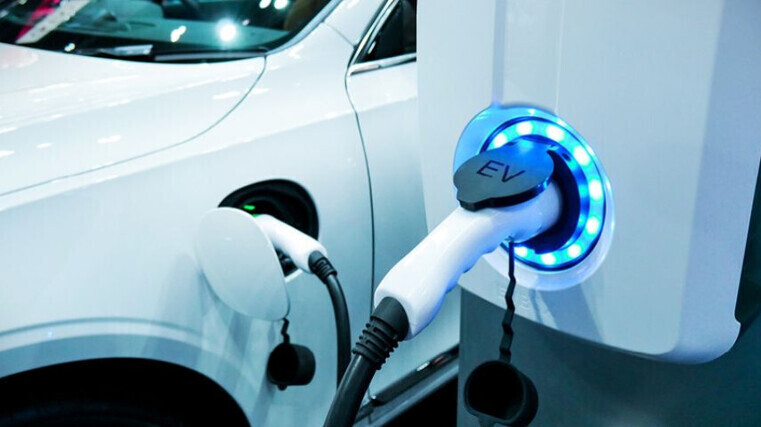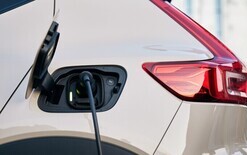Europe needs more chargers

A report published by the European Automobile Manufacturers’ Association (ACEA) reveals an alarming gap between the availability of public-charging points for electric vehicles (EVs) in the EU and what’s needed to meet emissions targets.
EU sales of electric cars grew three times faster than charging-point installation between 2017 and 2023, the report shows.
Looking ahead, the EU needs eight times more charging points annually by 2030, according to industry estimations.
“We need mass-market adoption of EVs in all EU countries to achieve Europe’s ambitious CO2-reduction targets,” says Sigrid de Vries, director general of the ACEA. “This will not happen without widespread availability of public-charging infrastructure right across the region.
“We are very concerned the rollout has not kept pace with battery-electric car sales in recent years. What’s more, this ‘infrastructure gap’ risks widening in the future to a much greater extent than the European Commission [EC] estimates.”
Just over 150,000 public-charging points were installed last year across the EU – less than 3,000 per week on average – for a total of more than 630,000.
According to the EC, 3.5 million should be installed by 2030. Reaching this target would mean installing around 410,000 public chargers per year – or nearly 8,000 per week – almost three times the latest annual installation rate.
However, the ACEA estimates that 8.8m charging points will be needed by 2030. Reaching this would require 1.2m chargers to be installed per year or more than 22,000 per week, which is eight times the latest annual installation rate.
“Easy access to public charging is not ‘nice to have’, but an essential condition to decarbonise road transport in addition to market support and a competitive manufacturing framework in Europe,” adds De Vries.
“Investments in public-charging infrastructure must be urgently ramped up if we are to close the gap and meet climate targets.”





